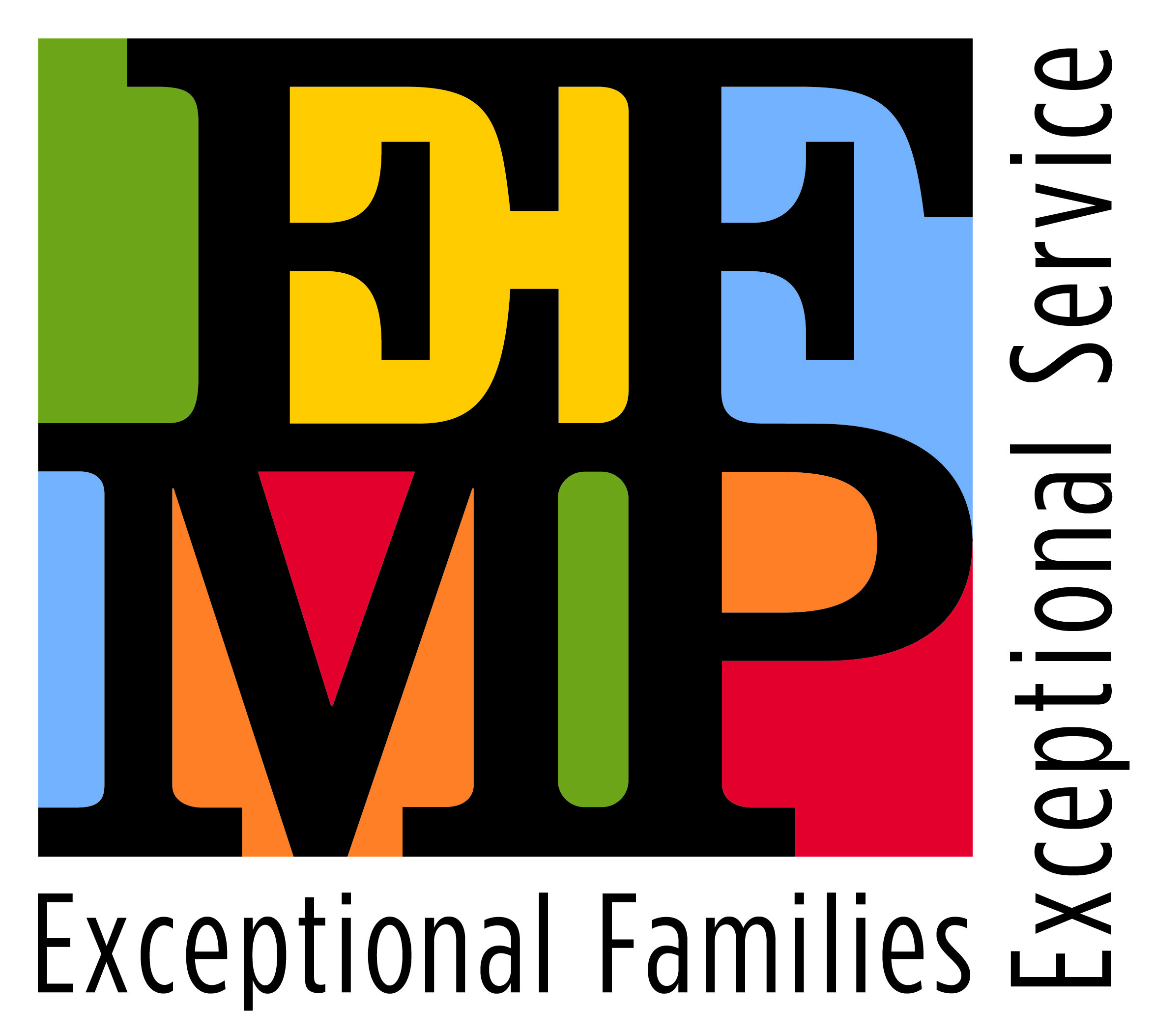By Tammie S. Moore
Fort George G. Meade Public Affairs Office

ACS staff helps families navigate EFMP
(Editor’s note: This article is part two of a three-part series highlighting the Fort Meade Exceptional Family Member Program. The first article focused on the identification and enrollment process. The second article focuses on family support services. The third article will focus on the assignment process.)
FORT GEORGE G. MEADE, Md. – A special needs diagnosis can be overwhelming; for military service members this stress can be compounded by paperwork requirements and unfamiliarity with a new location.
The Army Community Services’ Exceptional Family Member Program team wants those stationed at Fort Meade to know they don’t have to navigate their situation alone.
“We are like a mini-social services team,” said Liesa Jacobs, ACS EFMP manager. “We're here to help and support our families and to let them know what is happening. We don't do clinical work, but we do do case management with our families. We guide them and we help them along with the process of learning the EFMP.”
The EFMP has three components: identification and enrollment, family support, and assignment coordination. Locally, the ACS EFMP team provides the family support component. The ACS staff services are available to active Army and U.S. Army Reserve Soldiers in the USAR Active Guard Reserve Program. While the team primarily supports Soldiers and their families, they will not turn away those from other branches assigned here.
“Regardless of who comes into the office, we're going to do everything we can,” Jacobs said. “We can help identify and link families with services and community resources. However, when it comes to the development of a family service case plan we will have to refer the family to their own service branch because the way each department manages their EFMP programs varies.”
The ACS EFMP services include non-clinical case management; referrals to community, and other military and family support programs; education and outreach; connecting with inbound families; and providing a warm handoff for families at their gaining location. They link families with resources and help them advocate for their dependents. They also connect families with support, such as respite care.
“The Respite Care Program is a component of EFMP that provides a temporary rest period for family members responsible for regular care of persons with disabilities,” according to the Army My Benefits website. “Care may be provided in the EFMP respite care user's home and other settings such as special needs camps and enrichment programs. Respite care is important because it decreases family stress, increases family stability and reduces costly out-of-home placements, thereby contributing to Soldier readiness.”
In addition, the team can perform a courtesy review of EFMP forms before they are submitted to the Kimbrough Ambulatory Care Center’s EFMP team.
“We are not medical, but we will review forms to make sure they are filled out correctly,” Jacobs said. “We can anticipate questions, make sure there are no blanks, and that everything is signed correctly.”
Jacobs encourages families to talk with the ACS EFMP team before they reach their whits end on how to deal with a medical or educational special needs situation they are facing.
“We have a wealth of resources within this community,” Jacobs said. “Trying to combine services for a special needs family member can be overwhelming. You don’t need to search for these services by yourself, we can help. Please call us or come see us.”
For more information about ACS EFMP visit their web page Army Community Service, call 301-677-5990, or stop by 830 Chisholm Ave. Monday through Fridays from 7:30 a.m. to 4 p.m.





